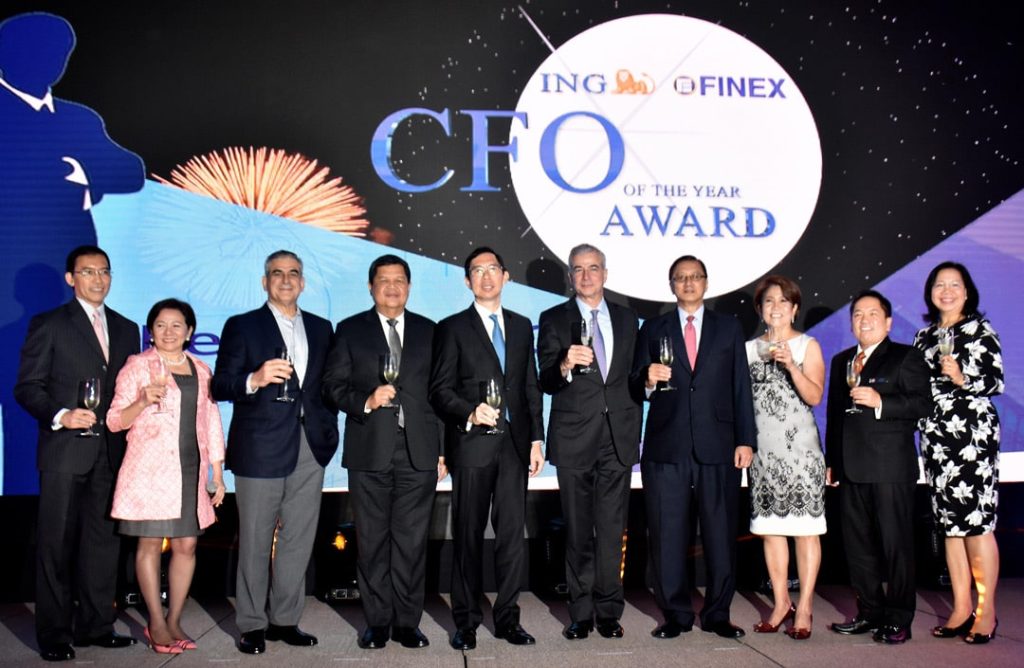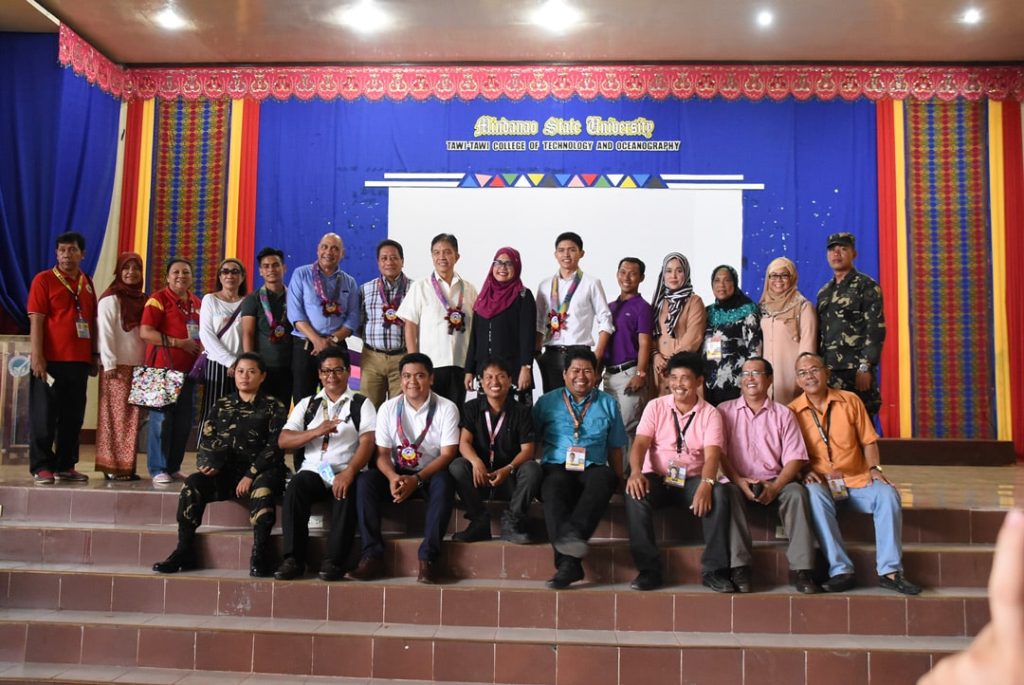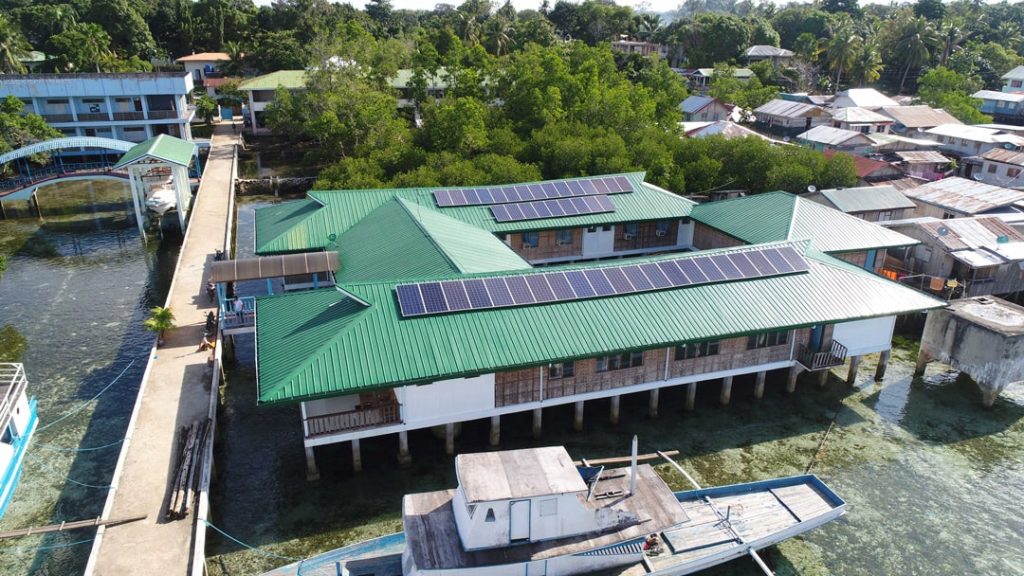AC Education, Inc. (“AEI”), the wholly-owned education arm of Ayala Corporation, was selected as the winning bidder of the tender process conducted for the sale of shares of National Teachers College (“NTC”). A Share Purchase Agreement for approximately 96% of NTC’s shares has been executed by the parties. The acquisition remains subject to certain closing conditions, including securing the necessary regulatory approvals.
NTC is located on Nepomuceno Street, Quiapo, Manila and was founded in 1928, as the first school in the country to offer General Education leading to a Bachelor of Science in Education. It has a long track record of commitment to excellence in teaching, growth and inclusion, with almost 10,000 students from Basic to Higher education. It is one of the most well-recognized teacher education institutions in the country, with Level III Accreditation from PACUCOA for its Bachelor programs in Elementary and Secondary Education, and over 3,500 Education students in both college and graduate programs. NTC has also established growing Colleges of Accountancy & Business, Arts & Science, Hospitality Management and Information Technology, and a School of Advanced Studies.
Ayala Corporation started investing in the education sector in 2012 through AC Education, with a vision of delivering affordable and quality education that leverages an industry-based, experiential and technology-enabled approach, to significantly improve the employability of its high school and college graduates. AC Education’s Professional Employment Program (PEP) has significantly increased the employability and starting salaries of its college and senior high graduates.
In Basic Education, AEI has built the largest chain of stand-alone, private high schools in the country, APEC (“Affordable Private Education Center”) Schools, with approximately 16,000 students in 23 sites in Metro Manila, Cavite, Rizal and Batangas. In Higher Education, AC Education has invested in the University of Nueva Caceres (“UNC”) located in Naga City, with approximately 8,000 students. It is the oldest and one of the largest private schools in the Bicol region, offering college programs in Engineering and Architecture, Business and Accountancy, Education, Computer Studies, Law, Arts & Sciences, Criminology, Nursing and Graduate Studies. Together with NTC, the combined population of AC Education’s schools is approximately 34,000 students.
“We are very grateful that several groups had expressed their sincere interest in continuing the legacy of National Teachers College as established by our forebears. In selecting the buyer who shall acquire the shares of NTC, it was important to look not only at the capability to expand the school’s horizons, but also at the alignment of values and vision for raising our Filipino youth to be excellent teachers, industry leaders, or capable, competent individuals, in whatever path they may choose. We look forward to working with AC Education in this transition process and in moving NTC closer to becoming the world-class institution it was intended to be. We are honored to pass on the torch to AC Education, which we are confident will remain committed to building on the ideals upon which NTC was founded,” said Atty. Rolando De Castro, Chairman of the Board of The National Teachers College.
“The Ayala Group is committed to investing in the Education sector because we recognize that it is critical to building our nation. We believe that NTC can play an integral role in our efforts to contribute to a better education system in the Philippines, because of NTC’s long and successful track record in producing quality educators who go on to teach in both public and private schools,” said Mr. Jaime Augusto Zobel de Ayala, Chairman and CEO of Ayala Corporation.
“Our goal is to fulfill the vision of NTC’s founders of ‘…quality education for teacher preparation and development of manpower skills, anchored on the ideals of Excellence, Relevance, Access and Effectiveness, geared towards national productivity and world class competitiveness.’ We are committed to investing in further quality at NTC, and building on its traditions of excellence and inclusiveness,” said Mr. Alfredo I. Ayala, CEO of AC Education.
Mr. Ayala added, “We believe that NTC will be a key strategic element in the merger we have proposed between AC Education and iPeople.” Last month, AC Education and iPeople announced that they had executed a Non-Binding Term Sheet for their potential merger. iPeople is the listed education arm of House of Investments Inc., a member of the Yuchengco Group of Companies. Together with APEC Schools and UNC, NTC would be part of the assets that AC Education would contribute to its potential merger with iPeople, the parent of Mapua University, Malayan Colleges Laguna and Malayan Colleges Mindanao.
BPI Capital Corporation acted as the financial advisor of AC Education for the acquisition.









